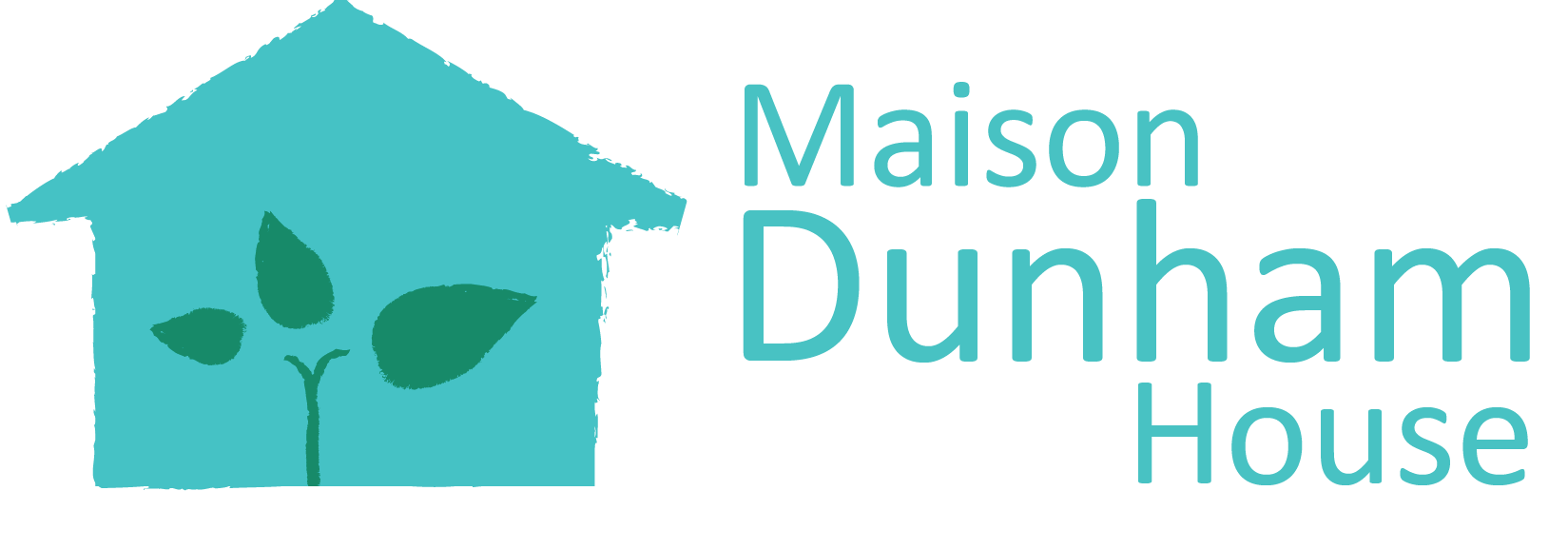What Are Concurrent Disorders?
Concurrent disorders, sometimes referred to as dual diagnosis, is when there is the presence of two or more mental health disorders. Symptoms of these disorders may appear at different moments in an individual’s life.
It is becoming more and more common that a person may suffer from both substance abuse and mental health disorder.
Some examples of this may include a person with alcoholism and generalized anxiety disorder or cocaine addiction and Bipolar disorder.
According to the Center for Addiction and Mental Health, people with a mental health disorder are twice as likely to have a substance use problem, whereas 15% of people who struggle with addiction are likely to also struggle with mental illness.
For some individuals with mental illness, they turn to alcohol or drugs in order to alleviate themselves of their symptoms.
In other cases, one’s alcohol or drug consumption can lead to the development of a mental health issue.
In either event, the issue compounds itself by creating a dual diagnosis.
Access to Proper Treatment For Concurrent Disorders
When seeking help for these complex and multifaced mental health disorders, the best course of treatment is one which is integrative.
Integrative treatment options allow individuals with concurrent disorders to address both their substance issues as well as their mental health.
Integrative treatment plans incorporate effective counselling and behavioural based techniques, along with medication treatment when necessary.
Some approaches and techniques may include:
- Cognitive Behavioural Therapy in order to address destructive thinking and belief patterns
- Dialectical Behavioural Therapy in order to address regulating one’s emotions and interpersonal dynamics
- Behavioural Modification
Peer support can also play a role in the improvement of an individual’s mental health as the sharing of lived experiences can provide great therapeutic value and self-healing.
Types of Treatment For Dual Diagnosis
Psychoeducation
Psychoeducational workshops allow individuals to get more information about how a mental health issue impacts their consumption and vice versa.
It also encourages clients to gain skills on building awareness (recognize symptoms), identify their triggers (ex: increase stress levels), and build a recovery plan which includes a list of coping strategies to prevent relapse.
Cognitive Behavioural Therapy
CBT allows individuals to explore how their core beliefs influence their behaviours with self and others.
By exploring individual thinking patterns and core beliefs, we can begin to understand how we function in life. Individuals that view themselves in a negative manner will begin to behave or act out based on their interpretation of themselves.
For example, those who struggle with depression may believe they are “not good enough” and increase their alcohol consumption, which continues to fuel their unhealthy thinking patterns.
CBT can help reframe and change ones thoughts so that individuals develop healthy alternative thinking patterns.
Dialectical Behavioural Therapy
DBT allows individuals to explore how their thoughts and emotions influence their behaviours. It also provides skills in order to manage one's emotions. Some of the areas in which DBT can be helpful are as follows
- Mindfulness: Learning how to remain in the present moment through meditation or guided relaxation
- Distress Tolerance: These skills will help individuals get through emotional charged or difficult periods. Distress tolerance helps by decreasing the intensity one may feel when faced with an overwhelming situation through healthy alternatives.
- Emotion Regulation: Learning to identify which emotions continue to interfere with your everyday life. By being able to identify problematic emotions (ex: anger, impulsivity), one can explore and better understand how emotions play a role in our behaviours.
- Interpersonal Effectiveness: Learning how to express ones needs and wants in a healthy manner which fosters the development of healthy relationships with others.
To see how Dunham House’s various treatment options can help you with concurrent disorders please consult our programs page or call 450 263-3434 for more information.










